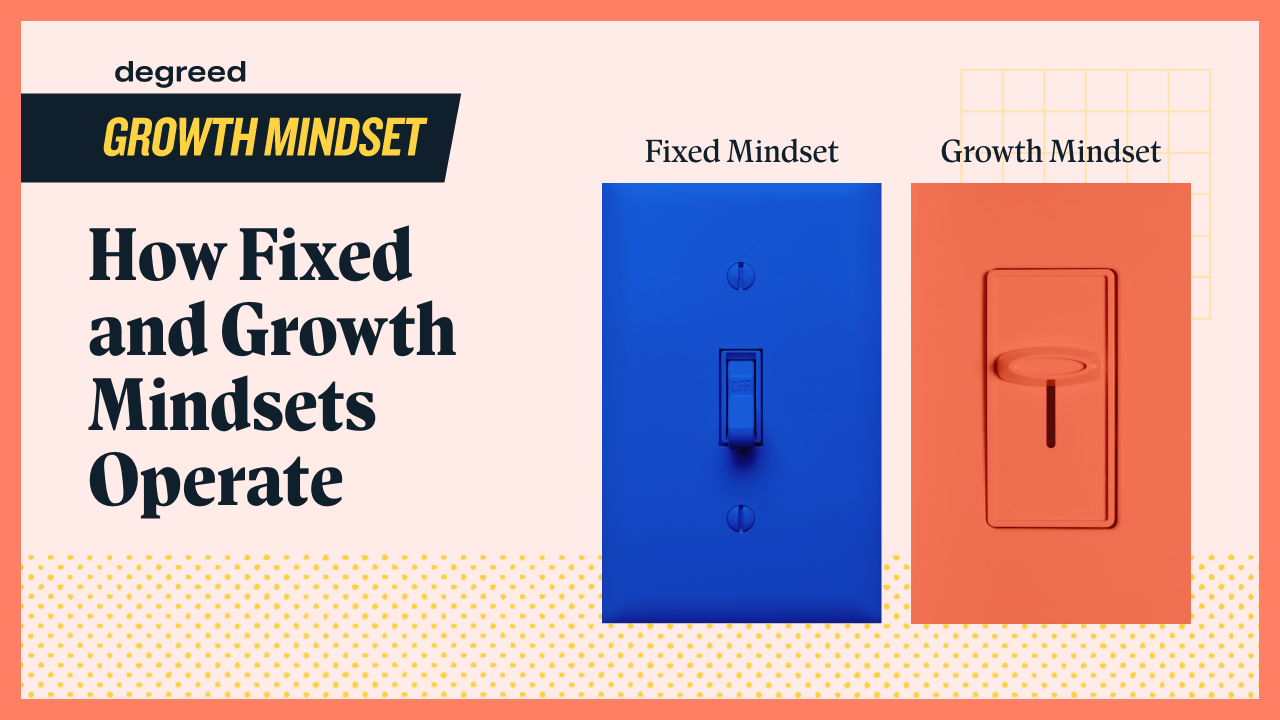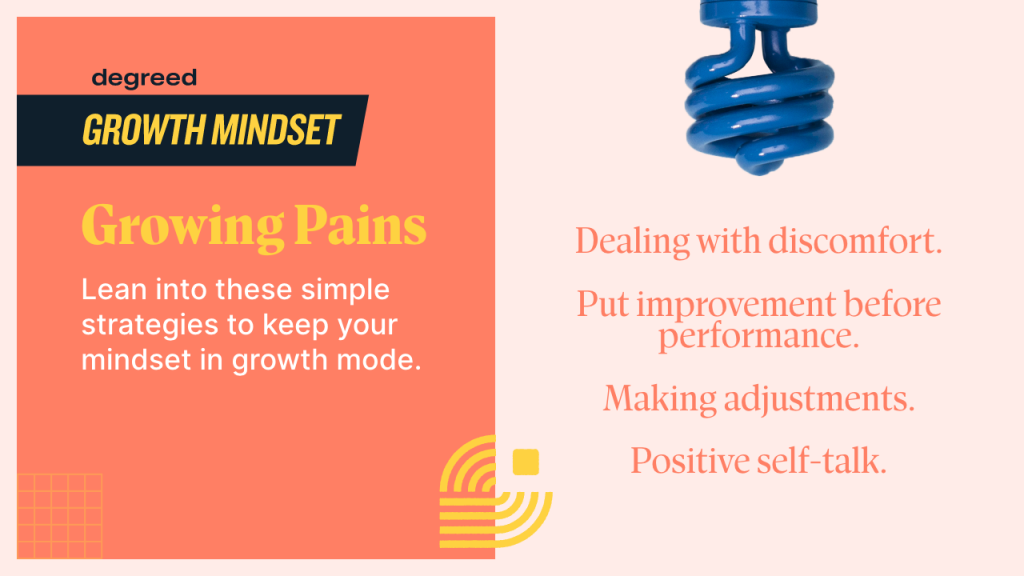
With professional sports teams quarantined, millions of sports fans tuned in for The Last Dance, a documentary series about Michael Jordan and the Chicago Bulls. Some expected a one-sided basketball success story since that team won six NBA championships. Instead, the series showcased the team’s struggles.
Jordan, cut from his high school team, became a teenage phenom. Scottie Pippen, the star sidekick, kept trying even when he didn’t make his college squad. Dennis Rodman, the top defender, persevered through poverty and depression. Head coach Phil Jackson almost went back to school before his breakthrough with the Bulls. They all knew failure, but together these cast-offs became champions.
If psychologist Carol Dweck was watching The Last Dance, she would not be surprised. Years ago, Dweck analyzed Jordan in her best-seller Mindset: The New Psychology of Success. “He was a person who had struggled and grown, not a person who was inherently better than others. He was the hardest-working athlete, perhaps in the history of sport.”
MJ and his teammates had what Dweck calls a growth mindset. They practiced relentlessly to improve their weaknesses, always trying new tricks. Jordan led by example and challenged the others constantly. If you wanted to be like Mike, you needed a growth mindset.
Growth Mindset vs. Fixed Mindset
With a growth mindset, we believe our skills and smarts can develop over time. If we fail at something, that’s okay, because we learn from it and try again, which makes experimentation exciting. With this mindset, we focus on the big picture, stay patient, and reach our potential.
The opposite of a growth mindset, according to Dweck, is a fixed mindset. When we feel that our intelligence, talents, or abilities are innate — that we cannot change what we’re capable of — then we have a fixed mindset.
With a fixed mindset, we’re worried about our performance. Failure and feedback are bad, because they expose our inadequacies. When we make a mistake, it feels like proof of our permanent limitations.
Why Mindset Matters
These days, a growth mindset is essential. Disruption demands flexibility from all of us. We might learn one way to work, then some new technology changes everything. To build skills for the future, we must believe that we can grow and change.
Your mindset affects your creativity and resilience. Someone with a fixed mindset won’t see fresh perspectives; they’re too busy pushing their own agenda. With a growth mindset, though, you can let go and change your approach. This sparks innovation. You embrace new ideas and explore unique applications.
Jordan’s Bulls went through this. In 1989, Chicago was a top team and MJ won the MVP. After losing in the playoffs, though, the Bulls switched to an unusual offense called “The Triangle.” At first, they struggled with it, falling short again in 1990. But the Bulls kept learning, undaunted by failure. The next year, they won their first championship.
Myths About Growth Mindset
Since Carol Dweck published Mindset, many have tried to follow her advice. But a few folks are stuck with myths about mindsets. Let’s set the record straight by busting a few of these common misconceptions:
- You either have a fixed mindset or a growth mindset. None of us have the same mindset all the time. It depends on the context. For example, I have a growth mindset when cooking, but with artwork, I usually doubt myself. Recognizing this is key since fixed mindsets can sneak up in certain situations.
- A growth mindset is all about positivity. You could try to smile through every struggle, but that’s unrealistic and unnecessary. In many cases, a growth mindset means recognizing problems and leaning into frustrations. For some of us, negative emotions fuel our fire to persevere.
- A growth mindset just means setting goals. Some goals reinforce a growth mindset, but others backfire. Stretch goals push us to patiently improve. Yet certain performance goals — like trying to make every shot or get all the best grades — discourage us from working on our weaknesses.
- With a growth mindset, you can master anything. Trying new things does not guarantee mastery. A growth mindset helps you get a little better; it won’t completely overwhelm other factors, like luck and talent.

Cultivating a Growth Mindset
If you want to develop a growth mindset, what can you do? Psychologists have identified plenty of specific strategies that you can try:
- Deal with discomfort. When we’re confident, it’s easy to try hard and take feedback. But what about when we don’t feel so great? That’s when we need self-awareness. Recognize your discomfort, then remember that everyone feels this way sometimes. Tell yourself that it’s okay to make whatever mistake you’re afraid of.
- Put improvement before performance. Work on your weaknesses instead of always playing to your strengths. Tracking your progress helps, too. When you’re stuck, reflect on the long run. Look back one year, and recognize how you’ve grown. Then, think one year into the future, and imagine what you might learn in that time.
- Making adjustments. Psychologists recommend “flexible thinking patterns,” which means looking at a problem in different ways. You can try unique strategies until you figure out what works. Other people can help you adjust, too. You can learn from those around you, even if they can’t fix all your problems.
- Positive self-talk. Language makes a difference, too. Try adding “yet” to negative thoughts. “I’m not good at this… yet.” After you make a mistake, ask yourself, “What can I learn from this?” Or, you can even quote Michael Jordan when he said, “I can accept failure. Everyone fails at something. But I can’t accept not trying.”
Even if you’re not winning NBA championships, the possibilities are exhilarating. A growth mindset can transform your personal and professional life.
It won’t always be easy –– but the right mindset can help you look past your imagined limitations. Like Mike said, “You must expect great things of yourself before you can do them.”
This post is written by Nick Welna.
The original post link: https://blog.degreed.com/skills-for-the-win-how-to-cultivate-a-growth-mindset/

